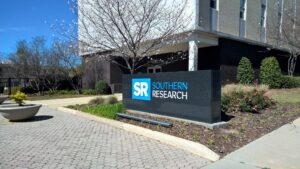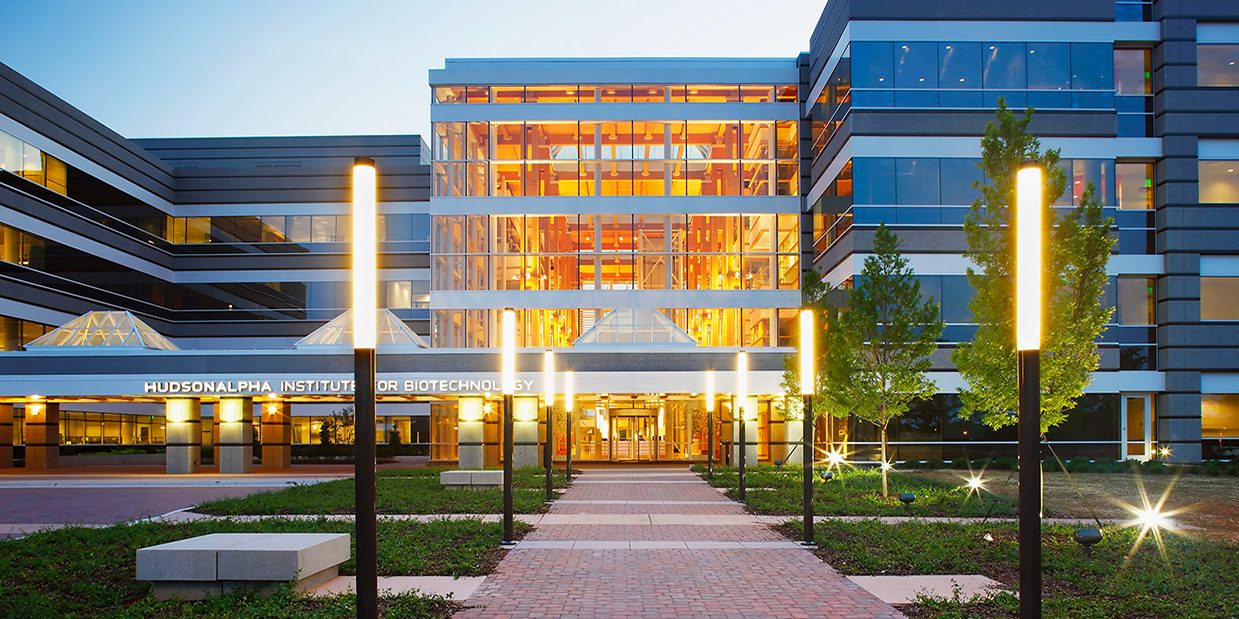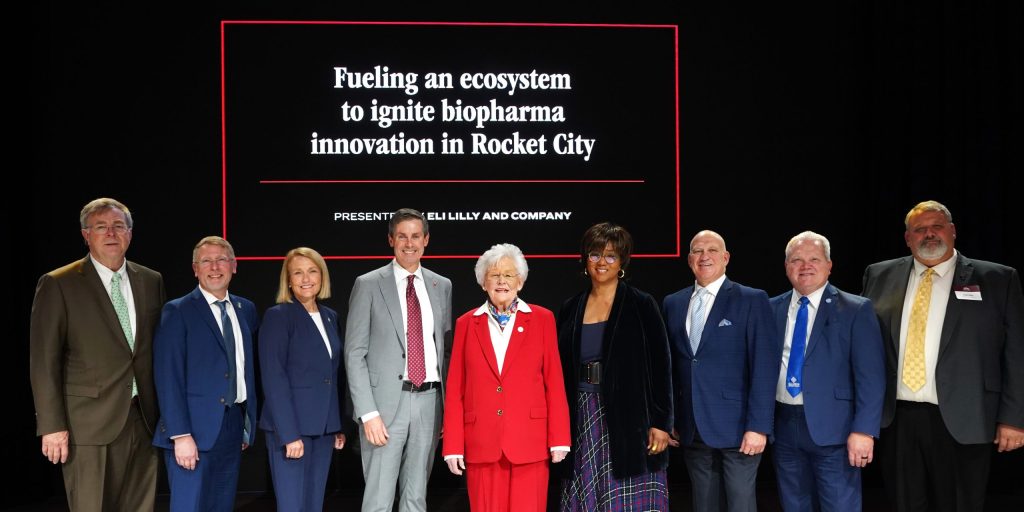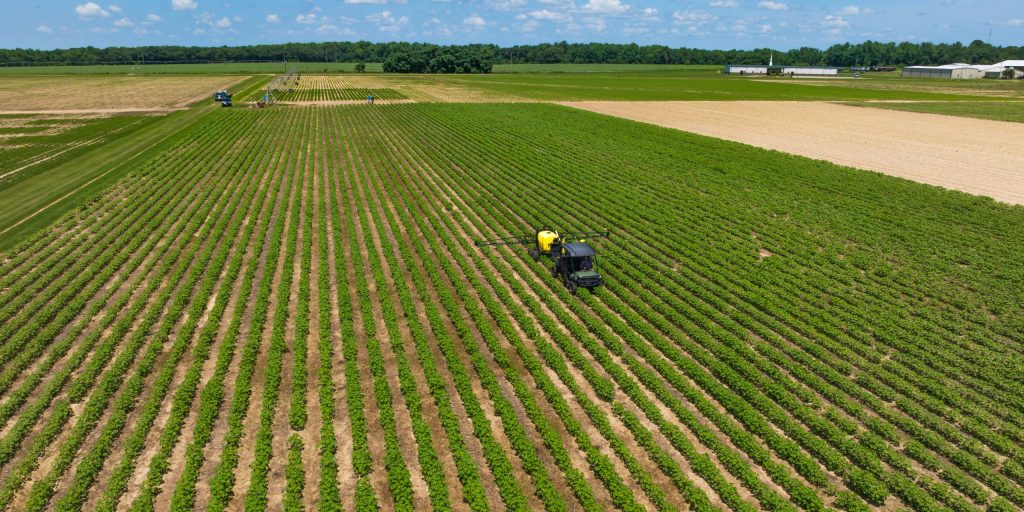BIRMINGHAM — Growth projects valued at almost $200 million are under way in Alabama’s bioscience sector, setting the stage for robust new research grants and the recruitment of additional scientists to conduct cutting-edge projects.
The growth spurt will build on investment projects announced by life science companies in the state that totaled $230 million since the beginning of 2021, according to an estimate by the Alabama Department of Commerce. These projects involve more than 730 job commitments.
Expanding the state’s bioscience sector is a strategic priority for the Alabama Department of Commerce, which supports industry growth in various ways, including trade missions to overseas biotech clusters and industry events. A Commerce mission to Nordic Life Sciences Days in Denmark is on tap for late 2023.

“We have exceptional strengths in biosciences, including world-class research organizations and a roster of cutting-edge companies, so it’s a natural growth area for the state,” said Greg Canfield, Secretary of the Alabama Department of Commerce.
“Our goal is to help unleash brainpower and provide a catalyst for innovation within this important economic sector.”
Alabama is also working to ensure the bioscience industry’s workforce needs are fully met.
BIO Alabama, a leading advocate for Alabama’s bioeconomy, is teaming with AIDT, Alabama’s workforce training agency, to introduce a comprehensive Bioscience Technician Program.
“We are leaving no stone unturned in developing our workforce to meet and exceed industry demands in Alabama,” Governor Kay Ivey said.
The Bioscience Technician Program aims to equip aspiring individuals with the necessary skills and knowledge to pursue fulfilling careers in the biotech industry.
“Supporting this vital economic engine is an absolute must for our state, and I’m proud to partner with BIO Alabama to develop the bioscience leaders of tomorrow,” Ivey said.
While it’s overshadowed by the automotive and aerospace industries, Alabama’s bioscience sector already delivers a major financial impact for the state through activities that include medical research, drug discovery, genomic medicine, and medical devices.
Alabama is home to 780 bioscience establishments employing nearly 18,000 people earning average annual salaries exceeding $67,000, according to an analysis produced for BioAlabama.
Biotech Foundations
During 2022, all three of Alabama’s major bio-focused research institutions embarked on significant growth projects that will allow them to create new laboratory jobs while also positioning them to make high-impact scientific discoveries.

Southern Research — a landmark in Alabama’s bioscience sector since its founding in 1941 — has begun construction on a flagship biotech center in Birmingham. The organization also plans extensive renovations on its campus.
Expected to open in 2024, the new biotech center will feature 106,000 square feet of commercial wet labs, A/BSL-3 space, and data science facilities. Renovations to 65,000 square feet of facilities include vivarium space and a new clinical diagnostics lab.
Southern Research’s biotech center is projected to create 150 jobs, while doubling the organization’s annual economic impact to $300 million.
“This is going to be another game-changer for Alabama,” said Ivey, who approved a $45 million state investment in the biotech center. “We are proud of our investment. It’s going to help Alabamians and help change the world.”
Southern Research is investing over $108 million in the overall project, according to its 2021-2022 annual report.
Also in Birmingham, UAB is constructing the Altec/Styslinger Genomic Medicine and Data Sciences Building — to advance its leadership in precision medicine, genomic science and biomedical research.
UAB says the facility will allow it to recruit 75 investigators and some 350 new support staff to work alongside the talented cadre of researchers. It expects the center to attract an estimated $100 million in additional research funding annually.
Total project costs are expected to exceed $78 million, including a major investment from the state. Construction is expected to be completed in spring 2024, according to UAB.
Together, these projects represent groundbreaking initiatives to enhance research capabilities, create jobs and generate new investment, while also propelling Birmingham and Alabama to the forefront of innovation built around discoveries.
“Between UAB and Southern Research, we are working to ensure that Birmingham and Alabama become the biotech commercialization center of the Southeast,” Dr. Ray Watts, president of UAB and chair of the Southern Research board, said in a statement.
Unleashing Brainpower
In Huntsville, the HudsonAlpha Institute for Biotechnology is also growing in new and exciting directions.

HudsonAlpha forged a public-private partnership with the City of Dothan to create HudsonAlpha Wiregrass to advance education, agricultural research and economic development through entrepreneurship across Southeast Alabama.
Meanwhile, the HudsonAlpha Center for Plant Science and Sustainable Agriculture commissioned a new lab and greenhouse in Huntsville to grow research plants to improve existing crops and develop new uses for plants. The facility is equipped with two lab spaces, seven grow rooms with 15-foot ceilings, and several technologically advanced features rarely found in greenhouses.
In addition, the HudsonAlpha AgTech Accelerator opened to support startups and enhance the institute’s commercialization pipeline for new ideas. The initiative is a collaboration with gener8tor, a leading national tech accelerator.
The HudsonAlpha AgTech Investment Accelerator is supported by the Growing Alabama Credit program through the Alabama Department of Commerce.
“We’re committed to supporting innovation throughout Alabama’s economy, and the HudsonAlpha AgTech Investment Accelerator will be an important resource in helping us achieve that goal in this critically important sector,” Canfield said.











